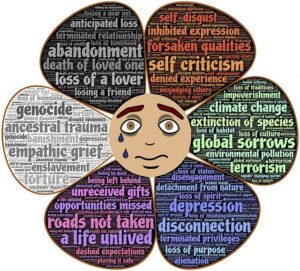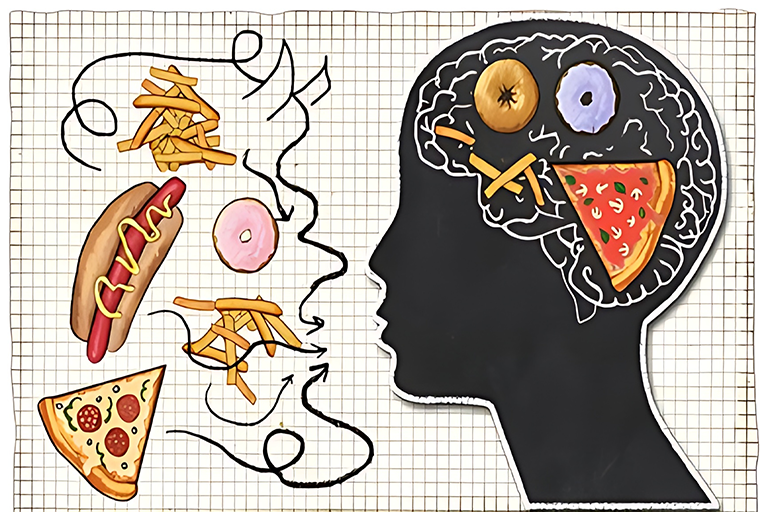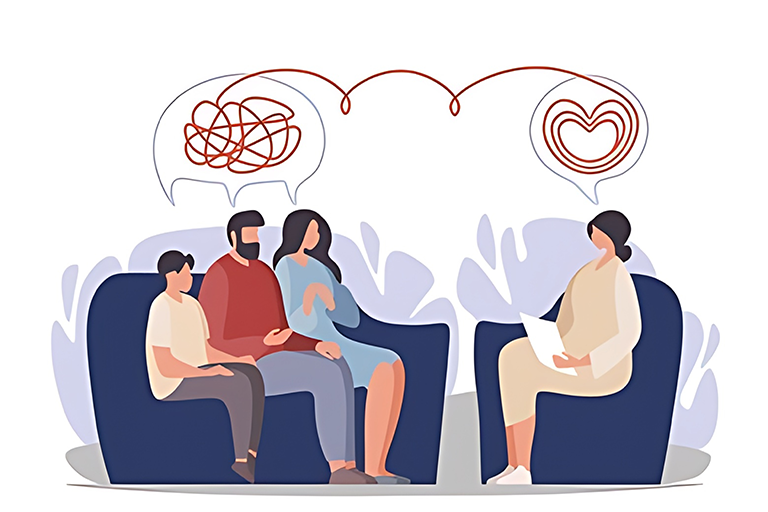Sadness is a complex and often unpleasant emotion that we all experience at some point in our lives. It is a natural response to difficult situations, losses, or disappointments, and it is often associated with feelings of unhappiness, grief, and despair. In this blog, we will explore sadness as an emotion, its importance, and some coping strategies for dealing with sadness.
What is Sadness as an emotion?
Sadness is a negative emotion that is generally characterized by feelings of unhappiness, grief, and despair. It is a natural and normal response to difficult situations, losses, or disappointments. Sadness can be experienced in response to a wide range of stimuli, including the death of a loved one, a breakup, or a disappointment in life.

Sadness is a subjective experience, which means that it can vary from person to person. Some people may experience more intense feelings of sadness than others, or they may experience sadness for long periods. However, research has identified some common factors that are associated with sadness, including social isolation, negative self-talk, and a lack of positive coping strategies.
The Importance of Sadness
While sadness may be an unpleasant emotion, it is an important part of the human experience. Firstly, sadness can help us to process difficult experiences and emotions. When we allow ourselves to feel sad, we are acknowledging and accepting our emotions, which can help us to work through them and eventually move on.
Secondly, sadness can help us to develop empathy and compassion for others. When we have experienced sadness ourselves, we may be more likely to understand and relate to the experiences of others who are going through difficult times.
Finally, sadness can help us to appreciate the positive experiences and emotions in our lives. When we experience sadness, we may be more aware of the positive aspects of our lives, such as our relationships, our health, or our achievements.
Coping strategies for dealing with Sadness
While sadness is a natural and normal emotion, it can sometimes be difficult to cope with. Here are some coping strategies for dealing with sadness:
Talk to someone: Talking to someone about your feelings can be a helpful way to process your emotions and gain perspective on your situation. This could be a friend, family member, or mental health professional.
Practice self-care: Practicing self-care can help you to feel more grounded and connected to yourself. This might include activities such as exercise, meditation, or spending time in nature.
Challenge negative self-talk: When we are feeling sad, it can be easy to fall into negative self-talk patterns. Try to challenge these negative thoughts and replace them with more positive and supportive self-talk.

Practice gratitude: Focusing on the positive aspects of your life can help to shift your focus away from your sadness. Try to identify things that you are grateful for, such as your health, your relationships, or your achievements.
Seek professional help: If your sadness is persistent and interferes with your daily life, it may be helpful to seek professional help from a mental health professional.
Conclusion
Sadness is a natural and normal emotion that is an important part of the human experience. While it may be difficult to cope with at times, some strategies can help us to process our emotions and move forward. By acknowledging and accepting our feelings of sadness, practicing self-care, and seeking support when we need it, we can work through our emotions and eventually find happiness and fulfillment in our lives.
Seeking professional assistance from a mental health expert may be useful if your sadness is ongoing and affecting your everyday life.
Learn more: Mental Health Awareness
& Mobile Phone Addiction & Teenagers
Shruti Dua, Mental Health Blogger, YOUR Confidant





